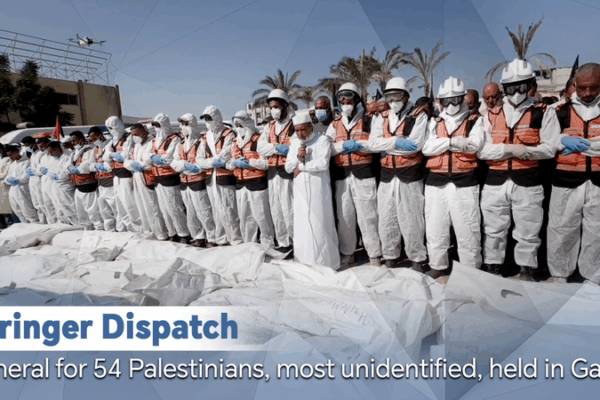
Gaza Mourns 54 Palestinians in Solemn Khan Yunis Funeral
Hundreds in Gaza’s Khan Yunis laid to rest 54 Palestinians whose remains were returned under a ceasefire, as plans for a specialized lab aim to help families identify the deceased.
My Global News: Voices of a New Era
🌍 Stay Ahead, Stay Global 🚀

Hundreds in Gaza’s Khan Yunis laid to rest 54 Palestinians whose remains were returned under a ceasefire, as plans for a specialized lab aim to help families identify the deceased.
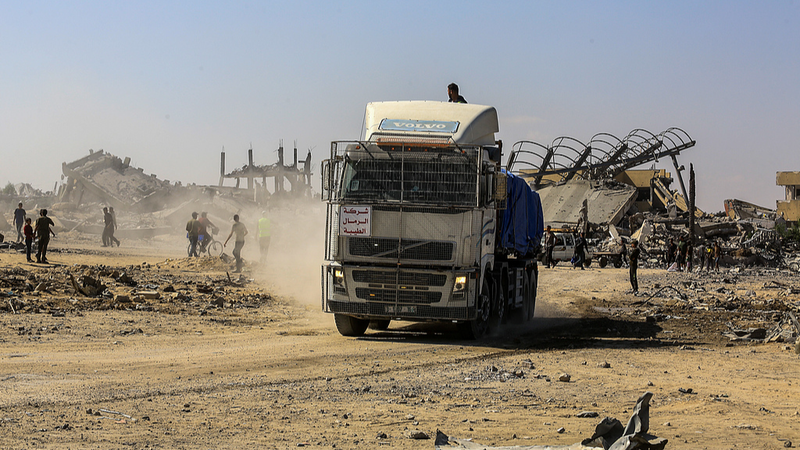
President Trump has warned Hamas of “fast, furious and brutal force” if it fails to disarm during the next stage of the Gaza ceasefire, as both sides accuse each other of violations.
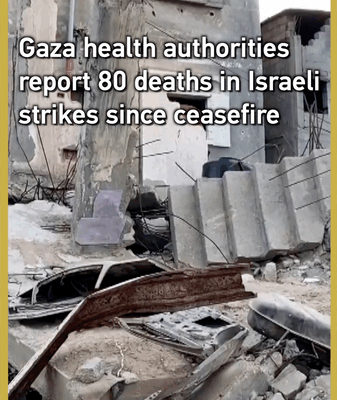
Gaza health authorities report 80 killed and 303 wounded in Israeli strikes since the Oct. 10 ceasefire, raising tensions as both sides blame breaches.
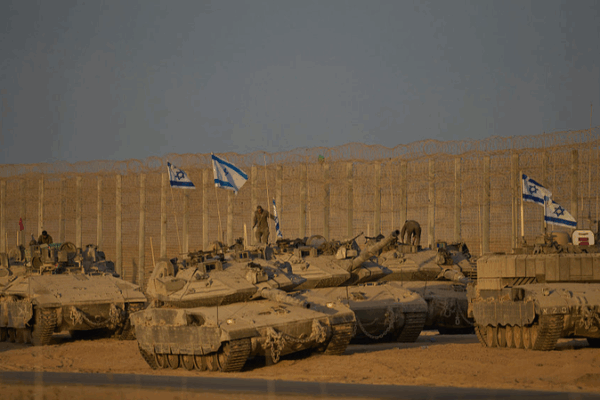
U.S. envoys met Netanyahu to shore up the week-old Gaza ceasefire as violence flared. Both Israel and Hamas recommitted to the truce amid calls for urgent humanitarian aid.
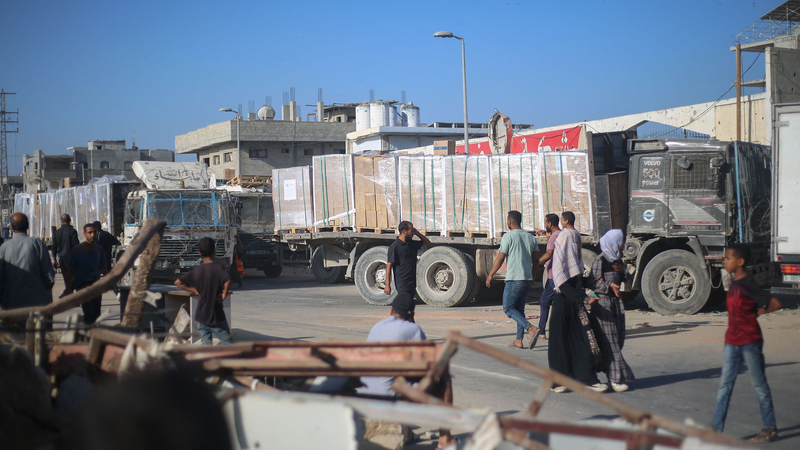
US envoys arrive in Israel to shore up the Gaza ceasefire plan after weekend violence. Aid resumes at Kerem Shalom crossing amid fresh strikes.
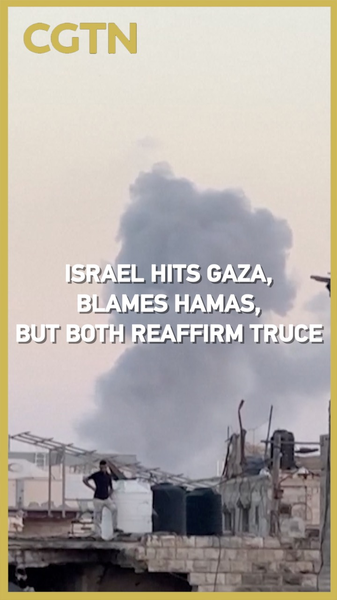
Airstrikes and aid halts test the Israel-Hamas truce as both sides trade allegations yet pledge to uphold the ceasefire.
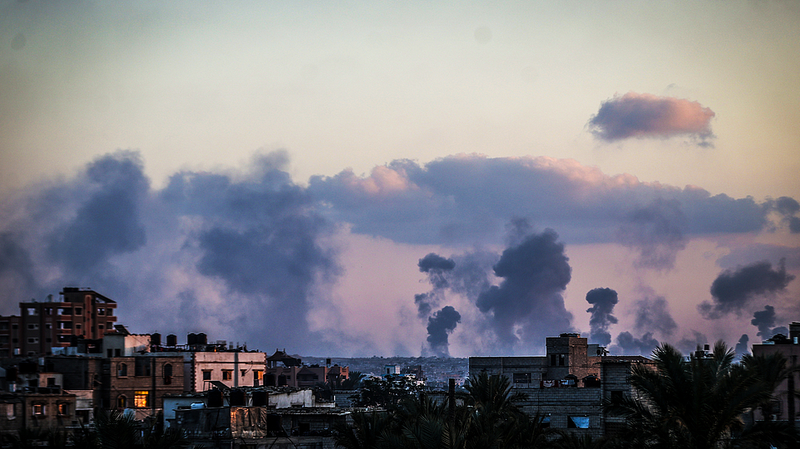
A ceasefire in Gaza resumed after clashes that killed two Israeli soldiers and 44 Palestinians. Aid deliveries are set to restart under U.S. pressure.

Israel and Hamas accuse each other of ceasefire violations, stalling hostage exchanges and the reopening of Gaza’s Rafah crossing.

Yemen’s Houthi group announced the death of Chief of Staff Muhammad al-Ghamari, raising questions about the group’s leadership and strategic direction.
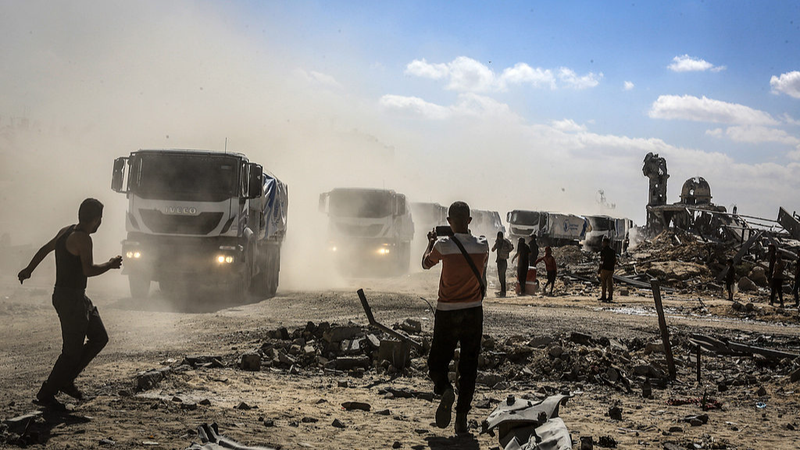
Israel warns it will resume fighting if Hamas fails to return all hostage remains and demilitarize, raising stakes under a U.S.-brokered ceasefire that has seen 20 hostages freed.